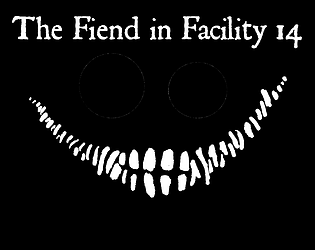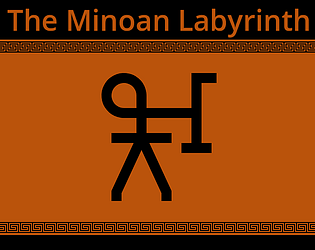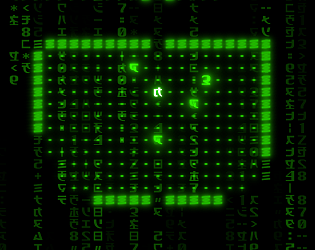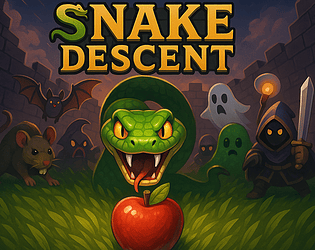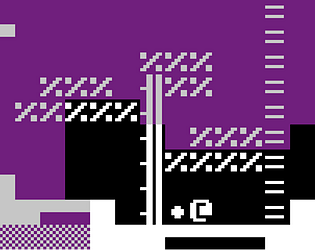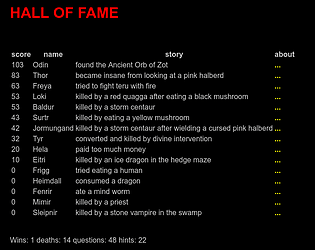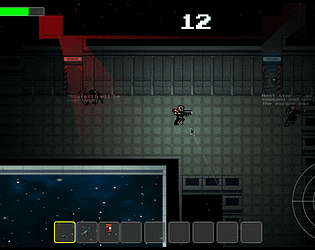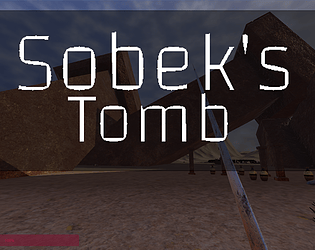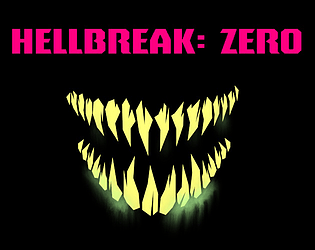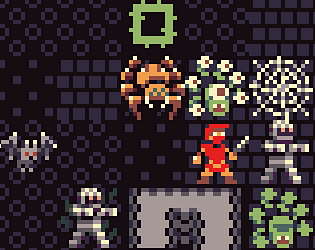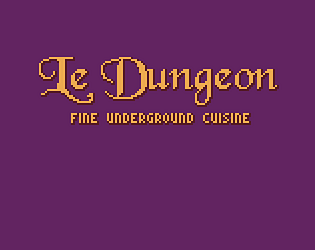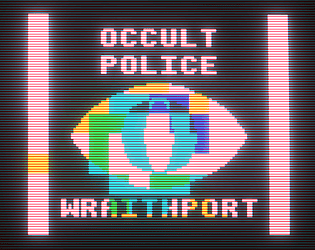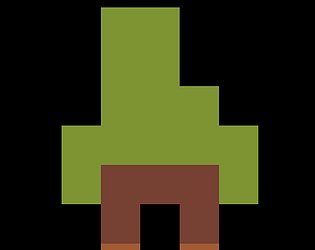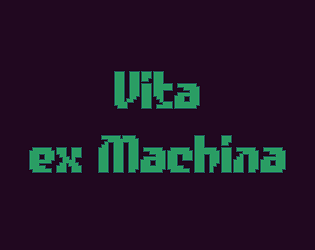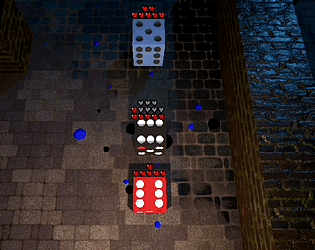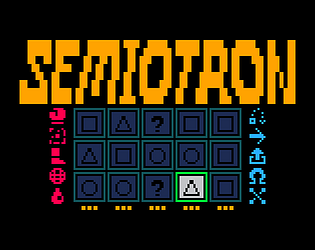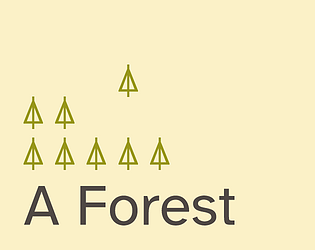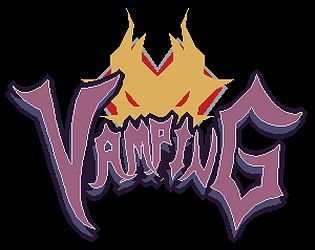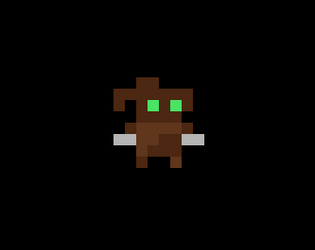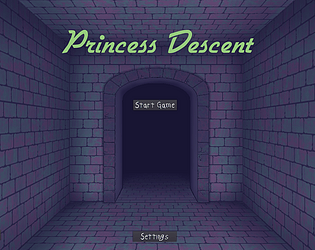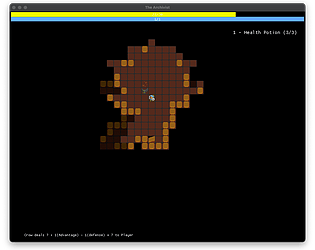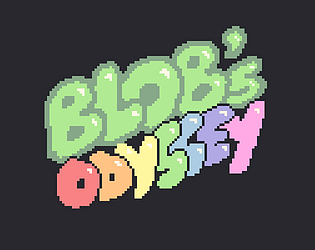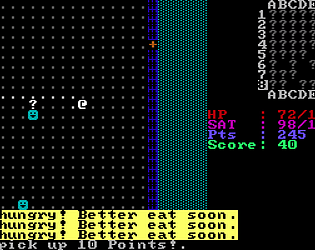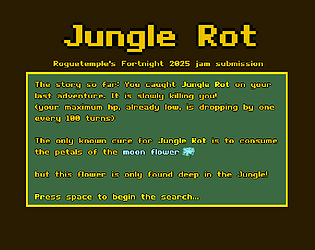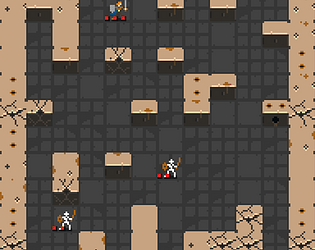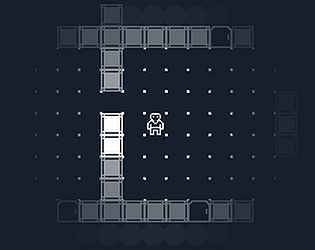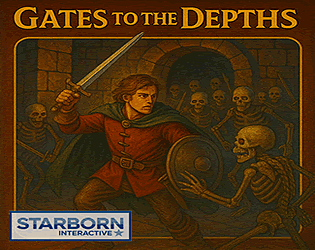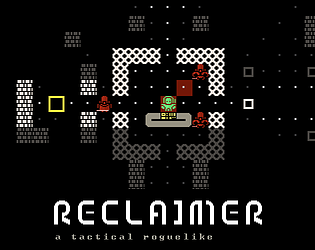
This jam is now over. It ran from 2025-09-01 17:00:00 to 2025-09-15 17:00:00. View results
Create a traditional roguelike in two weeks!
A traditional roguelike?
For this jam it is specifically desired to create games that retain some attributes from the first generation of roguelikes, working within their boundaries to experiment with new gameplay mechanics or thematic adaptations.
You are challenged to create a game that features gameplay that is:
Turn-based, focusing on strategic thinking over quick reflexes.
Run-based, with no meta-progression (the player loses all tangible progress after each run).
Subject to permanent consequences (the player cannot freely roll back mistakes).
Impacted by Procedural Content Generation in a meaningful way.
Built around a single character or a small party of characters.
This is a list of arbitrary design choices that were picked for this jam, and by no means an effort to define what a roguelike is. The values described above are not black or white; innovative gameplay ideas may lie in a grey areas and they are welcome as they can be useful to create fun games, which is the ultimate goal. If in doubt about your ideas, feel free to discuss in the community.
Why "traditional" roguelikes?
The last fifteen years have seen the roguelike word evolve to encompass a wide variety of games; while it is impossible to stop its adoption to describe games that took some elements from the original roguelikes, (or even from a second, or third generation of roguelike-inspired games), there is value on preserving the knowledge of the original roguelike gameplay and keep it alive in the minds of players and designers, and there is no better way to do this than toying around with new game ideas.
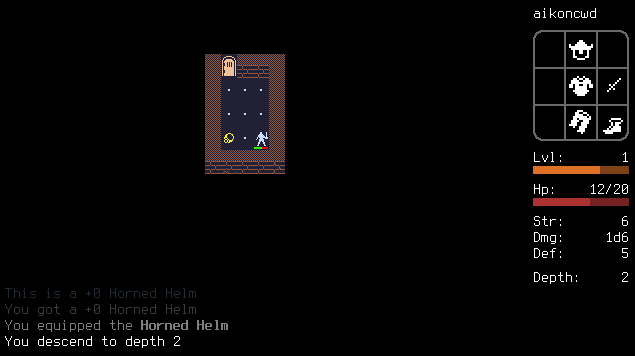
There is still a lot of uncovered potential on this formula that is worth exploring.
The Rules
- Your entry should be a traditional roguelike, as described in the section above
- You can work in a team.
- You can work in the design for your project before the jam starts, provided you don't extend your work to create actual content that will be added to the game (i.e detailed list of enemies, spells, items, etc).
- You can use pre-existing code and assets for the game, provided they could be used for other projects.
- Content that is specific to your game, including assets, code, and data, should be developed within the time frame of the jam.
- The idea is to create a complete game, you can of course develop post-jam versions of the game, but please keep a link to the original version
- You must add screenshots to your entry page.
Goodies!
- Oryx Design Lab is offering a 100% discount on their tilesets, which are perfect for traditional roguelikes! take a look at their store and use the FORTNIGHT when checking out!
- The Defold Foundation will reward the top three traditional roguelikes made with Defold with 75, 50 and 25 EUR Steam gift cards
FAQ
- Why two weeks? Seven days should be enough
Completing a game in 7 days is a great exercise on product management, however it may not be enough time to fully develop and polish an interesting gameplay idea at a healthy pace of work.
Submissions(32)
No submissions match your filter


